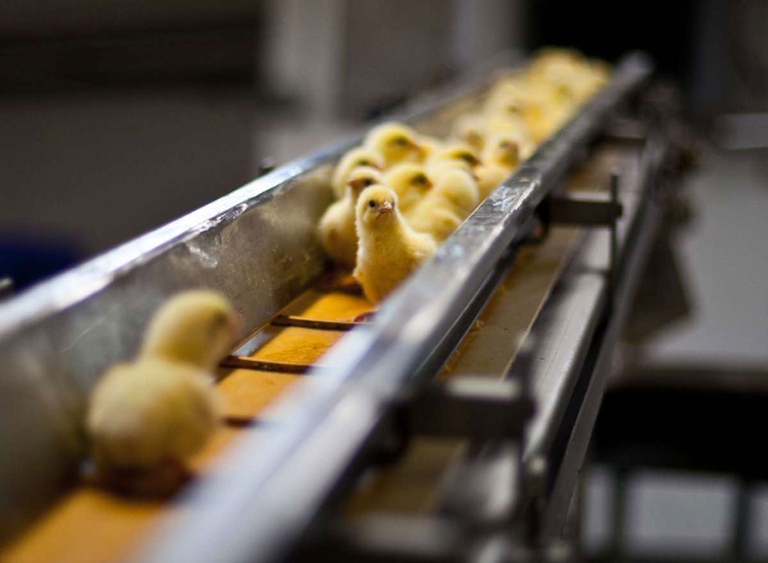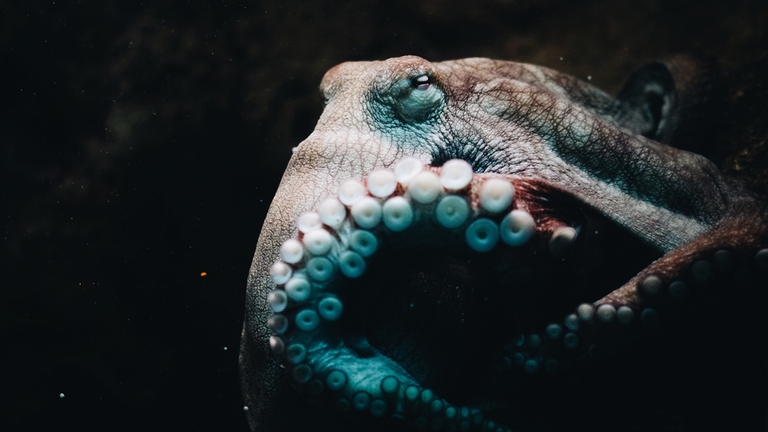https://www.lifegate.it/animali-allevati-risultati-2023
- |
Reducing the number of animals raised is essential.2023 saw important results for animal rights that give hope for a future with less suffering.
- From 2026, the shredding of male chicks on egg farms will be banned in Italy
- Denmark will no longer breed fast-growing chickens
- In California, Prop 12 was approved, which establishes living space requirements on farms
- The opening of the first octopus farm in the world has been blocked in the Canary Islands
- Posters promoting meat products will be banned in the Netherlands
Creating a better world for animals is truly possible, one step at a time.This is demonstrated by the encouraging changes of the last year:these are progressive and necessary improvements to reduce the suffering of millions of animals exploited for food.Among these there are also the results achieved through the campaigns that how Animal Equality we carried on.
The future of chicken farming
First, we have finally achieved the implementation that prohibits the shredding of chicks males in the egg industry.After the approval of our bill, the implementing decree also arrived in 2023 which will allow save the lives of approximately 36 million chicks every year.
All this will happen starting from 2026 due to the technical adaptation times required by the industry, but we will not stop and will be vigilant to ensure that the commitment is respected.

2023 was also the year when Denmark has decided to abandon the breeds of chicken fast growing.The breeding of these animals in Village it will be gradually abandoned, but not only that.By funding scientific research into issues relating to the breeding of these commercial hybrids, the Danish government has committed to supporting the elimination of the production of fast-growing chickens also at European level.
This is vital news that strengthens our vision of a world where these animals will no longer be genetically selected to suffer and increase meat production for the benefit of farmers.With our petition addressed to the EU commission, we have in fact asked theEurope to ban the use of fast-growing chickens and some fundamental signals have already arrived:last year the Commission recognized that thefarm of these animals is problematic and will evaluate how to intervene in this regard.
Meanwhile, a very important decision also arrived in the United States.California's Proposition (“Prop”) 12, celebrated as the main American law on the welfare of farmed animals for human consumption, was confirmed by the Supreme Court despite opposition from the meat industry. There Prop 12 establishes minimum living space requirements for chickens, pigs and calves on farms.According to the law, egg products, pig and veal sold in California, including those imported from other states, must be produced in compliance with these requirements.
And what about the octopus farm that was supposed to open in Spain, but which, thanks to strenuous protest, has not yet seen the light?Activists and scientists mobilized against the opening of the first octopus farm in the world, which was due to open in summer 2023 in the Canary Islands.The courageous opposition of those who defend animal rights has thus demonstrated once again that a fairer world for all is possible and that it is always worth fighting for those who have no voice.

To conclude we cannot forget that from this year in Haarlem, in Holland, will be It is forbidden to put up advertising posters who promote meat products due to the effects that animal farming has on climate.Advertising will not be allowed on public transport, on bus shelters or on screens in public spaces in the city.The broader objective of the Dutch government is in fact to reduce the total number of animals raised by a third by 2030 to halve the concentration of nitrogen in soils and emissions of greenhouse gases.
Reducing the number of animals raised is essential to also reduce their suffering.Contributing every day to achieving this result is possible by choosing aone hundred percent plant-based diet.

